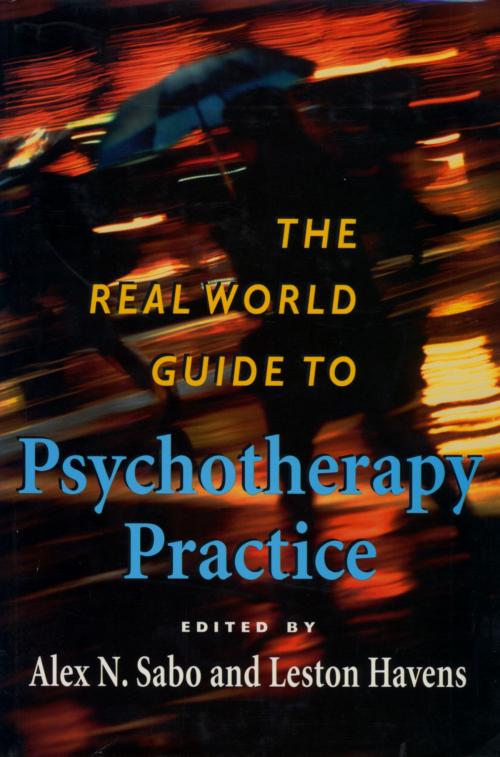THE REAL WORLD GUIDE TO PSYCHOTHERAPY PRACTICE
Nonfiction, Health & Well Being, Psychology, Psychotherapy| Author: | ISBN: | 9780674725379 | |
| Publisher: | Harvard University Press | Publication: | December 15, 2000 |
| Imprint: | Harvard University Press | Language: | English |
| Author: | |
| ISBN: | 9780674725379 |
| Publisher: | Harvard University Press |
| Publication: | December 15, 2000 |
| Imprint: | Harvard University Press |
| Language: | English |
Managed care has radically reshaped health care in the United States, and private long-term psychotherapy is increasingly a thing of the past. The corporatization of mental health care often puts therapists in professional quandaries. How can they do the therapeutic work they were trained to do with clients whom they may barely know, whose care is intruded upon by managed care administrators? With unrelenting pressure to substitute medications for therapy and standardized behavior protocols for individualized approaches, what becomes of the therapist–client relationship? Unflinchingly honest, The Real World Guide to Psychotherapy Practice offers both compelling stories and practical advice on maintaining one’s therapeutic integrity in the managed care era. Resisting a one-size-fits-all approach, the authors focus on the principles of forming relationships with patients, and especially patients likely to be under-served (e.g., the uninsured poor) or difficult to treat. The Real World Guide to Psychotherapy Practice gives voice to therapists’ frustrations with the administrative constraints under which they work. But it accepts the reality and offers guidance and inspiration to committed therapists everywhere.
Managed care has radically reshaped health care in the United States, and private long-term psychotherapy is increasingly a thing of the past. The corporatization of mental health care often puts therapists in professional quandaries. How can they do the therapeutic work they were trained to do with clients whom they may barely know, whose care is intruded upon by managed care administrators? With unrelenting pressure to substitute medications for therapy and standardized behavior protocols for individualized approaches, what becomes of the therapist–client relationship? Unflinchingly honest, The Real World Guide to Psychotherapy Practice offers both compelling stories and practical advice on maintaining one’s therapeutic integrity in the managed care era. Resisting a one-size-fits-all approach, the authors focus on the principles of forming relationships with patients, and especially patients likely to be under-served (e.g., the uninsured poor) or difficult to treat. The Real World Guide to Psychotherapy Practice gives voice to therapists’ frustrations with the administrative constraints under which they work. But it accepts the reality and offers guidance and inspiration to committed therapists everywhere.















